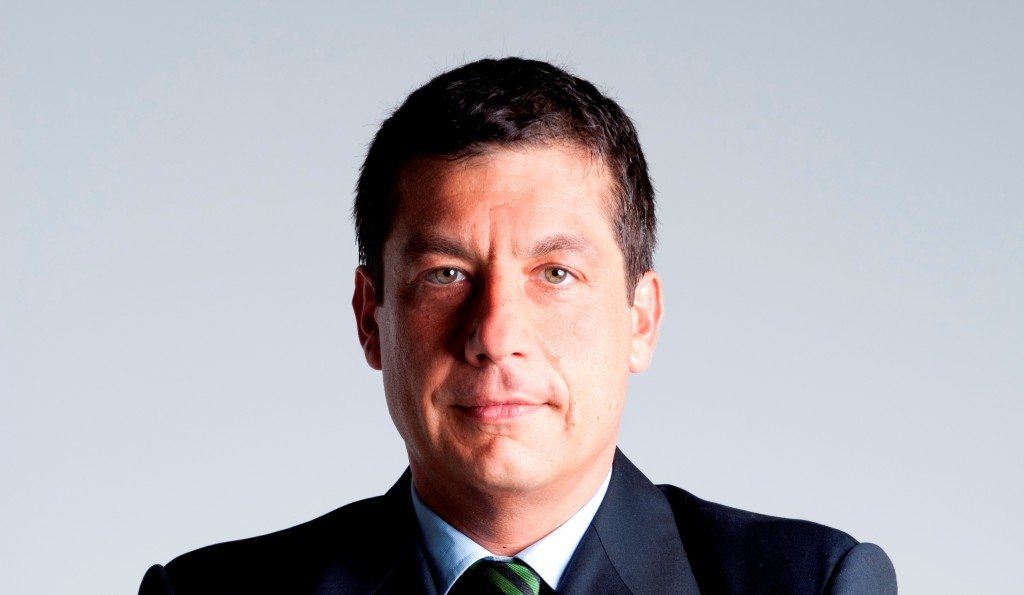MAPEI, the Italian manufacturer of adhesives, sealants and chemical products for the construction industry, has reported a 4.36% increase in turnover for 2017, off the back of a number of high-profile, successful projects.
In a statement, Stefano Iannacone, MAPEI’s regional director for the Middle East and East Africa, said that the MAPEI Underground Technology Team (UTT) played a large part in the company’s growth across the region, as it was the main chemical product supplier for the Expolink consortium of Alstom, Acciona and Gülermark, which is carrying out construction work on the highly-anticipated Dubai Metro Route 2020.
The metro line will run through a 10-metre wide, 2.5km underground tunnel.
Furthermore, he said that the company’s underground technology team is also working on the Shis to Khor Fakkan Roads and Tunnels project in Sharjah, which is a 23.2km dual carriageway near the edge of the Omani border that will ease traffic flow and help ensure the safety of visitors travelling to and from Khor Fakkan and the wider emirate.
This road extends through mountainous terrain and passes through five rock tunnels totalling a distance of 13km. MAEPI UTT is the main chemical supplier for the shotcrete (sprayed concrete) that is used to stabilise the rock after blasting, the company explained in the statement.
“We are seeing a growing local demand for a range of products dedicated to underground construction as the industry looks at increasingly innovative design solutions to the travel and living demands of the regional population,” said Iannacone.
“We are working on new and exciting projects across the GCC, including in the North-East Africa region and Egypt, and not only are we involved in providing the physical products but thanks to our 28 R&D centres spread around the globe, we work with the project design teams from the beginning to find innovative, new solutions to keep the Middle East’s construction projects the global benchmark.”
Additionally, MAPEI UTT is currently working on some major projects across the world including the Brenner Basis Tunnel, a 64km railway tunnel between Austria and Italy through the Eastern Alps that will be the longest underground rail link in the world; Cociv- Terzo Valico dei Giovi, a 53km high speed railway line between Genoa and Milan in Italy; Tunnel Euralpin Lyon-Turin, the new rail tunnel link between Lyon in France and Turin in Italy that is one of the largest rail projects in Europe.
Other high-profile projects include the Grand Paris Express, metro line 14 in France; the Rogun Hydro Power Plant (HPP) Dam in Tajikistan, which is 335m high, making the clay core rock fill dam the tallest in the world; the Mumbai Metro in India and the Quito Metro Line 1, a 22km tunnel through the capital of Ecuador.
The announcement about the increase in turnover comes just weeks after the recent inauguration of MAPEI’s $6.5 million expansion of its state-of-the-art production facility and new offices at the Dubai Investments Park, which coincided with the company’s 10-year Middle East anniversary.
The newly-expanded facility opened on 21 March 2018 and features an additional 5,200sqm covered warehousing for larger storage capacity, and the addition of a new epoxy resin production line. The two production lines – liquids and powders – along with the manufacturing capabilities for seven product lines, will allow MAPEI to enlarge its portfolio delivering innovative and locally designed solutions. The new offices feature more than 2,000sqm of built-up area including a showroom and training centre.
Approximately 1,000 regional customers and 128 employees across 25 nationalities are based at the regional headquarters.
In addition, the MAPEI Group has acquired the Italian firm, Fili & Forme Srl, a company with more than 10 years in the building industry under the Istrice brand, the statement added. It specialises in the production of structural polymeric fibres for mortar and concrete reinforcement, which is used in the tunnelling and mining industry.

